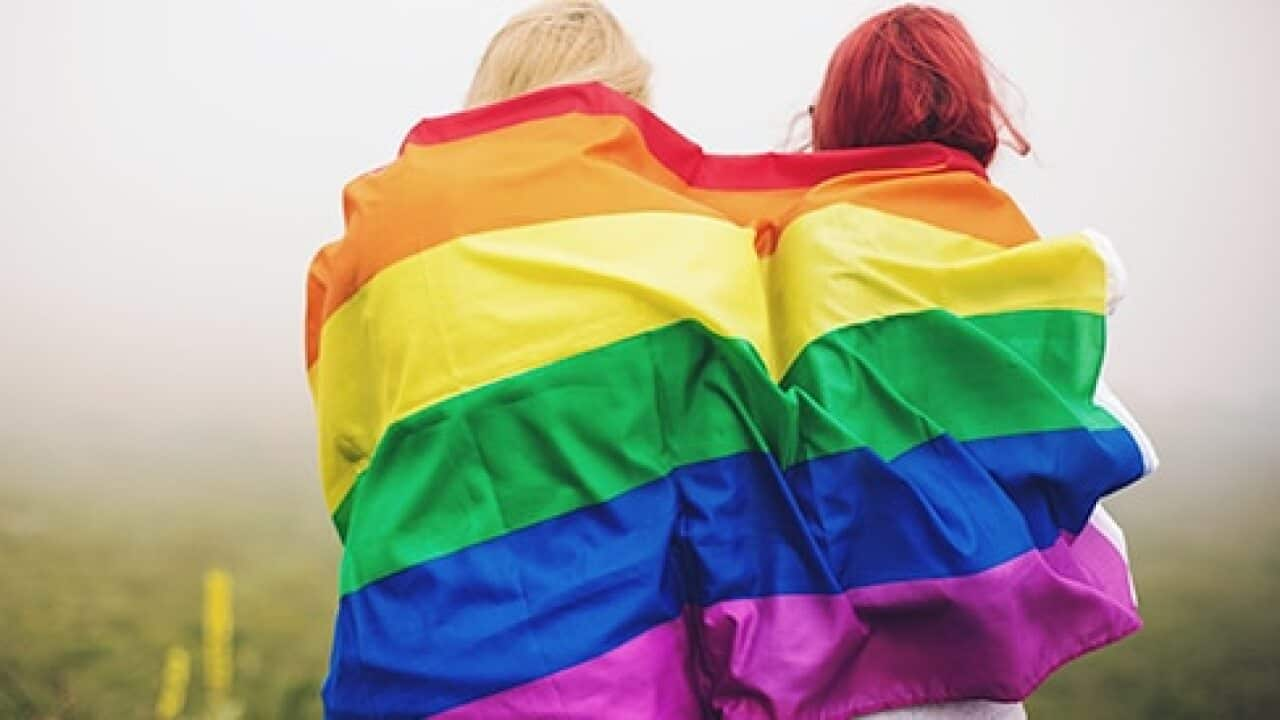"When I was in high school I was told that I would never succeed because I'd be an Aboriginal person," Todd Fernando says.
"And here I am as the youngest, first openly gay Indigenous commissioner."
Mr Fernando, a Kalarie man from the Wiradjuri Nation, was this week appointed Victoria's new Commissioner for LGBTIQ+ Communities.
As the state's first Indigenous queer commissioner, he will offer a fresh voice for Victoria's lesbian, gay, bisexual, transgender, intersex and queer community.
"In the last 20 years we've seen an incredible shift away from the soft bigotry of low expectations not just for Aboriginal people but for queer people," he told AAP.
"To then exist in a state that believes equality is not negotiable - that shows how far we are into the tipping point of normalising the experiences of people with various sexualities and gender diversities."
Mr Fernando, 32, is the second commissioner to hold the role since its creation in 2015, replacing Ro Allen who was appointed Victorian Equal Opportunity and Human Rights Commissioner earlier this year.
He has always been passionate about human rights and keenly interested in issues facing rural Australians after growing up in small-town Condobolin in central western NSW, which he playfully suggests was made famous by singer Shannon Noll.
When exploring his identity as a teen, Mr Fernando found accessing LGBTIQ+ services and information difficult.
As one of countless queer Australians to leave the bush for the bright lights, he now questions why so many continue to make that journey.
"It's often to do with wanting to connect with communities that are similar to them, wanting services that are welcoming and inclusive," he said.
"I'm not saying we need to have drag queens at the local pub every Friday night - but the ability for a young queer person to walk into a health service and get specific medicine or health care related to their sexuality is really important.
"At the same time we need investment in education to ensure Safe Schools can operate in those areas so no one is bullied."
In 2018 Mr Fernando co-founded Koorie Pride Victoria, which advocates for gender and sex-diverse Aboriginal and Torres Strait Islander people.
He says Indigenous Australians can sometimes feel the need to "minimise their Indigeneity" in predominantly-white LGBTIQ+ spaces, to connect to their queerness.
Meanwhile, in heterosexual Indigenous spaces they "minimise their queerness to elevate their Blackness".
"When Aboriginal queer people come together in a room that's designed with them, from them and by them it's an unbelievable space," Mr Fernando said.
"We don't have to minimise any part of our identity because we're in a room that's safe and welcoming for us.
"If we can translate that experience into the services - we're going to see incredible outcomes that combat discrimination and increase opportunities for success. That just seems like a no-brainer for me."
He says COVID lockdowns have exacerbated the mental health challenges faced by many in the LGBTIQ+ community.
"There's a lot of work to be done once we open back up and that's about reconnecting with people and really understanding what the experience is like on the other side of COVID."
As the global pandemic rolls on, Mr Fernando worries about young people locked in homes with families who may not be supportive.
"Them having to minimise their queerness to create a safe space for themselves - we need to outdate that, we need to get rid of it - and part of that comes with education," he said.


